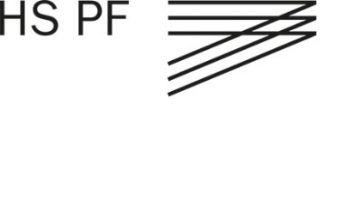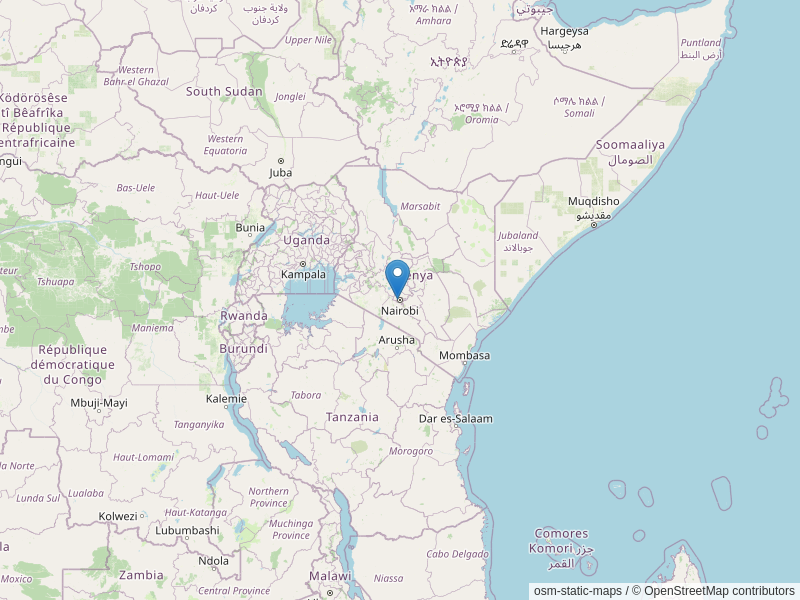DAAD alumnus Dr. Sospeter Njeru on the path to discovering a herbal TB cure
DAAD: Congratulations on your research results and your career. Why did you choose Germany as a research destination for your doctorate?
Dr. Njeru: Thank you very much for your congratulations and interest in my work. Yes, indeed I am a proud DAAD alumnus and a mentor to many DAAD scholarship holders. Well, I did my undergraduates and Masters at Egerton University-Kenya. I undertook a PhD study at the same University for more than two years, BUT I had that restless feeling that I need something new. I needed to kill “the academic in-breeding” I was accumulating by taking all my training from one institution. I also wanted to learn practical biochemical and biomedical aspects of human health and how they change with age and in health and disease state. More importantly, for my drug discovery dreams, I still had a knowledge gap on how one can identify and investigate various molecular targets and pathways in a cell or organisms. For sure these lofty dreams could not be achieved at my station of work at that time (which was a young University (Kisii University) and the facilities/resources to achieve such ambitious scientific questions were out of question and reach. I discussed with my mentor (Prof. Silas M. Ngari) who encouraged me to look for scholarship and coincidentally there was an open call for DAAD scholarship. Furthermore, I was able to identify a host institution in Germany (Leibniz Institute on Aging – Fritz Lipmann Institute (FLI)) that gladly accepted to host me as a guest scientist and doctoral candidate with Friedrich Schiller University-Jena between the year 2014-2019. Taking a doctoral study in Germany was very appealing to me because it offered a chance for cutting edge training in medical biochemistry, with a top medical professor in the field of stem cell ageing, not forgetting that Germany is known for high-quality training. In fact, I joined a laboratory that had scientists from Japan, USA, China, India; Pakistan, Russia, Korea, Iran among other nationalities, confirming the desirability of german education from various corners of the world. After my doctoral training, I secured a Post-doctoral scientist position at Paul-Ehrlich-Institute-Langen (Hessen).
DAAD: You chose an unusual plant approach and concentrated on studying the plant. How did this come about and how did the research proceed?
Dr. Njeru: I have been working with medicinal plants since my undergraduate and master’s training. At that time, I was focusing broadly on infectious diseases. Therefore, when I decided to undertake a doctoral study, I opted to focus on tuberculosis. This was appealing to me because tuberculosis (TB) is recognized as a major killer from a single infection. Furthermore, the effectiveness of available anti-TB medications is threatened by drug resistance, not to mention the long treatment window needed with current medication, as well as their toxicity and adverse effects. I reasoned that herbal remedy might be the solution to these limitations since plants have been in use for ages, and they are known to be relatively safe. I used an ethnopharmacological approach, identifying plants that were traditionally used to treat/manage complicated coughs (which I hypothesized to be tuberculosis), and that is how the project was born. Interestingly, I was able to identify a couple of safe medicinal plants with strong selective antitubercular activity, and hence have strong potential for safe antitubercular drug development. Of course, what remains now is to apply what DAAD scholarship gave me an opportunity to learn, answering the scientific questions on possible molecular targets and mechanisms of actions.
DAAD: Could the collection of information from herbalists also help in the fight against the corona pandemic and be successful?
Dr. Njeru: I believe so. This is an area that governments, WHO and other financiers need not forget as they put efforts on vaccines and other potential conventional medications against Covid-19. Maybe we are looking too far for Covid-19 solution, whereas it could be in that herb, that shrub, out there.
DAAD: Thank you very much Dr. Njeru, we are proud of you and your achievements. We wish you all the best in your further research.






